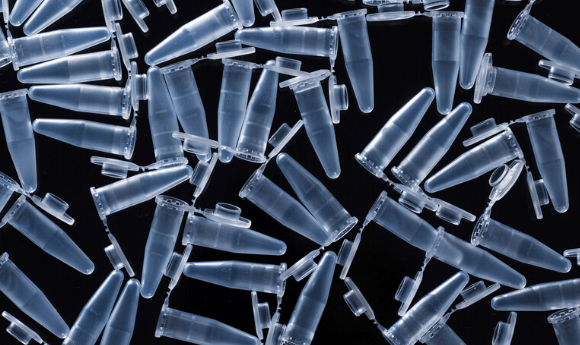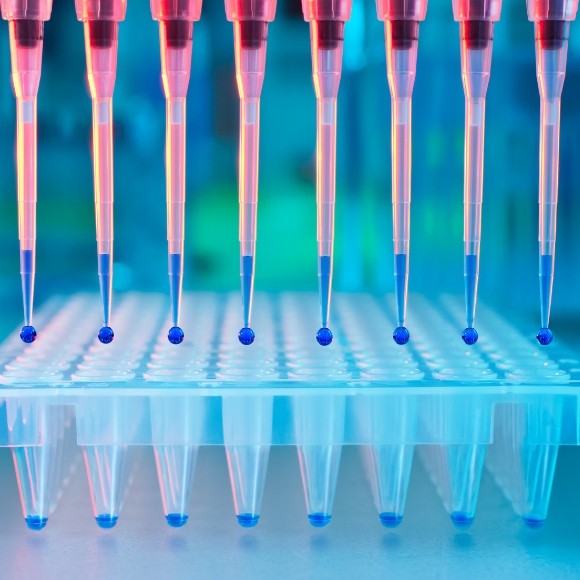Europe takes on plastics

With life science company Sartorius signing up to the European Plastics Pact, is replacing single-use plastics in the lab on the horizon at last?
Over the past 50 years, global plastic use has increased twentyfold, with no sign of stopping. Single-use plastics account for around half of that production, 95% of which are not recycled. While many of us are becoming more aware of the plastics problem in our daily lives, this is also a problem in the lab – as we reported last year, a substantial portion of global plastic production can be attributed to life science research.
Single-use plastics – for example the ubiquitous pipette tips and microcentrifuge tubes – are essential to lab research owing to ease of use, cost and sterility, and can result in a reduction of other resources, such as water. However, initiatives are underway to attempt to reduce our over-reliance on them, and thus the impact of lab research on the environment.
The latest initiative to target plastics is the European Plastics Pact, which seeks to bring together governments and frontrunners from various industries to improve design, responsible use, recycling capacity and use of recycled content. Launched in March 2020, it had its first life science research signatory within a week – Sartorius (Göttingen, Germany).
“Single-use plastic products for use in biopharmaceutical research and production usually have a better ecological footprint than do comparable reusable products. Still, we see potential to reduce the use of natural resources in this area,” explained Joachim Kreuzburg, Sartorius Executive Board Chairman and CEO. “Materials and material flows designed for recycling will play a key role in this context. In view of sophisticated product functionality and product safety, this is certainly a complex subject in the biopharmaceutical industry.”
Read more on Sartorius here.
 Talking Tech News | The Unsustainable Lab: single-use plastics, digesting PET and shutting the sash
Talking Tech News | The Unsustainable Lab: single-use plastics, digesting PET and shutting the sash
Abigail Sawyer and Tristan Free from the BioTechniques editorial team discuss the recently published tech news piece on unsustainability in the lab and the ways that some institutions are trying to address it.
In addition to improving recyclability of its products and packaging, Sartorius is also planning to reduce its use of virgin plastics, as well as provide collection and sorting services to aid recycling.
However, one might ask that, given that lab-based sustainability initiatives already underway, why do we need a new one? The Pact literature notes that it “does not aim to duplicate or replace existing commitments or ongoing initiatives. Instead, it accelerates and supports existing national and company initiatives by adding cross-border exchange and collaboration on a pan-European scale.”
This attempt at collaboration should be beneficial given the number of university, not-for-profit and company sustainability initiatives out there already. These include My Green Lab, the commitment from The University of Leeds (UK) to phase out single-use plastics by 2023 – which has seen 1 million fewer pieces of single-use plastics used in the first year of the pledge – and labconscious, to name but a few – we could certainly all learn from one another.